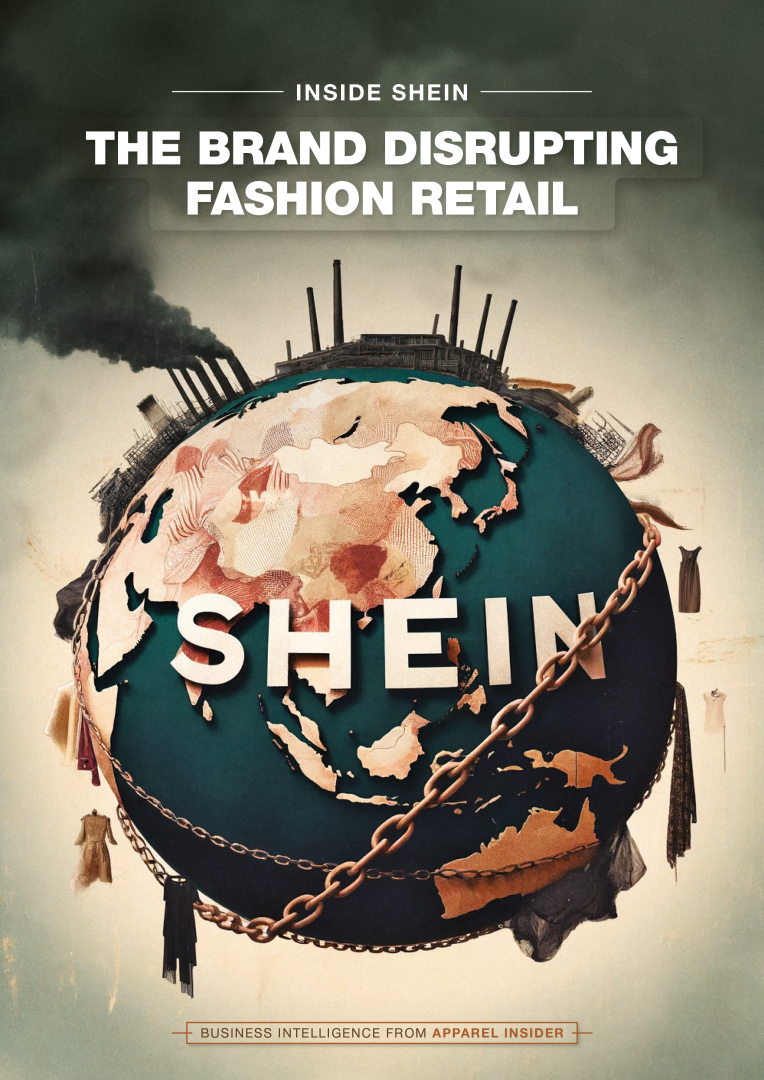TEXAS – Organic cotton is not economically viable – this is the contentious claim of the former International Cotton Advisory Committee (ICAC) head Dr Terry Townsend. In an exclusive interview to appear in the first printed issue of Apparel Insider, Townsend suggests that while organic cotton undoubtedly has positive connotations with consumers, it is more expensive to grow with more variable yields, making it much more difficult to get to market at a profitable price point.
While proponents of organic cotton will undoubtedly take issue with such sentiments – and we will publish alternative arguments in due course – there is no disputing the fact that the organic cotton market has struggled to maintain any significant momentum in recent years. Indeed, it often feels like a case of two steps forward, three steps back.
In a wide ranging interview, Townsend also addressed the ongoing threat of polyester to all natural fibres. “World production of polyester went from five million tonnes in 1990 to more than 50 million tonnes today,” he says. “Most of that growth occurred in China alone and was a result of very specific industrial policies by government in China. Cotton’s share in fibre use dropped from 50 per cent to just over 30 per cent. Pressure from polyester production will continue and that is just a reality all natural fibres, including cotton, have to face.”
Townsend does offer some chinks of hope for cotton. There is evidence China is shifting away from polyester production due to its negative environmental impact: converting crude oil, natural gas and coal into fibre is damaging to the environment. China has in recent years introduced several new acts of environmental legislation which impact on polyester production and, by association, commodity prices. Cotton could potentially capitalise from such issues, as well as concerns about microfibre pollution, suggests Townsend.








